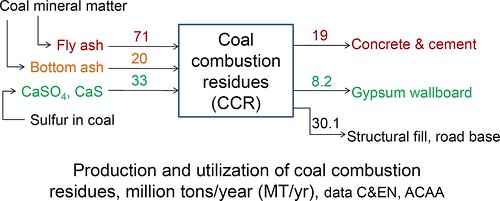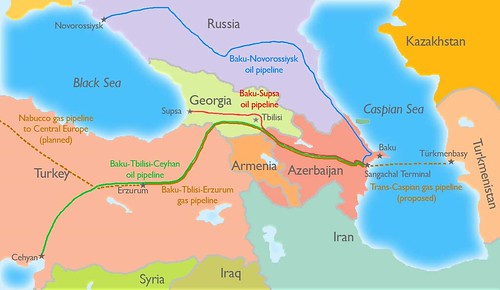Will Geo-Engineering Get Us Out of a Potential One-Way Street?
On a related topic, in a recent paper published in the Proceedings of the National Academy of Sciences (PNAS, USA), Solomon et al. indicate that if CO2 concentrations in the atmosphere (currently at 385 ppm) peak to 450-600 ppm (despite zero CO2 emissions) and atmospheric temperatures would not drop significantly for at least a century. Irreversible dry-season rainfall reductions are one of the impacts predicted by their modeling study.
My comments:
Although geo-engineering through albedo enhancers may decrease atmospheric temperatures, it does not directly reduce the amount of CO2 in the atmosphere. Additionally, a recent study found that the use of albedo enhancers will limit the amount of sunlight available to plants. Other techniques such as iron fertilization are highly controversial, and as the Lohafex trial concluded, are likely to be only marginally beneficial. On the other hand, even if the major CO2 emitters reduce their emissions, it is likely that CO2 levels in the atmosphere will be high enough to worry policymakers in various countries to consider the extreme step of modifying the climate to fix the climate. To prepare for this eventuality, increased scientific collaboration on geo-engineering should be encouraged, so that the risks of various approaches can be evaluated.
Other articles of interest:
Tim Lenton and Nem Vaughan. The radiative forcing potential of different climate geo-engineering options. Atmospheric Chemistry and Physics Discussions, January 28, 2009







